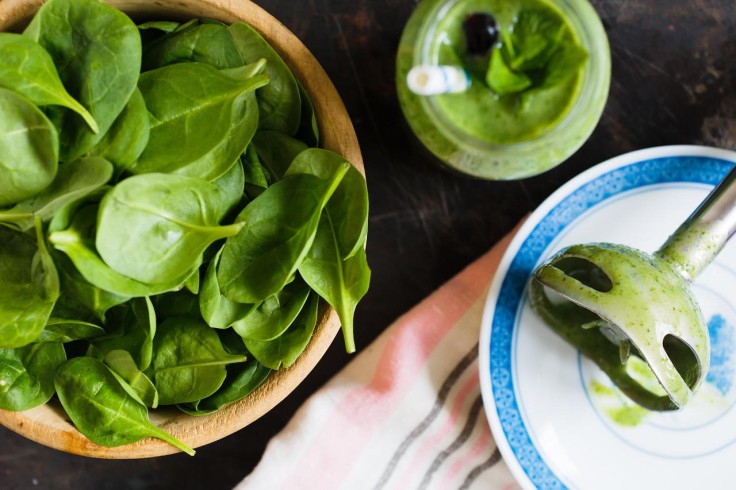
Protein is a major component of the cells, so kids need to eat enough of this every day to keep their bodies in excellent health. Most parents pick meat or poultry as their main protein sources, but there are also plant-based protein foods that moms and dads can prepare for their kids.
The advantage of plant-based protein foods versus protein from animal sources is that fruits and vegetables are rich sources of fiber. Fibrous foods can lower the risk of heart disease and digestive issues like constipation and prevent obesity.
Here are some of the most nutritious plant-based protein foods that parents must have in their kids' diet every day:
Spinach
Spinach contains more than five grams of protein per cup. It is also rich in antioxidants, folate, and vitamins A, C, and K. This plant-based protein food source also contains loads of iron critical to a child's development, particularly in the early years.
This green and leafy vegetable helps produce healthier red and white blood cells that will aid in the stronger development of the child's organs, such as the lungs and brain. However, most kids will likely not enjoy this vegetable, so parents must be creative when serving spinach to a young one with very simple taste buds.
How Wonderful has a set of easy-to-follow recipes for incorporating spinach into foods kids will love to eat.
Sweet Corn
Sweet corn is a versatile crop that provides 4.7 grams of protein in a cup. It's rich in fiber, so the kids will feel fuller after eating their meals with corn in the ingredients.
Corn is perfect to eat from a cob, boiled, baked, grilled, shaved, or added to salads and soups. It can be made more flavorful with butter, salt, lime juice, and herbs.
According to What to Expect, this sweet yellow fruit is fuel for a child's brain. However, since the kernels may be a choking hazard, it's best to serve corn as a puree or mash for children below 18 months. Older kids, however, may enjoy eating corn on a cob, which could also strengthen their jaw muscles.
Avocado
Avocado's protein content is 4.6 grams a cup and is rich in potassium and unsaturated fat. For very active toddlers, avocado is an excellent source of energy and calories. For growing school children, avocado will help the body absorb more fat-soluble nutrients that will not raise their cholesterol levels.
This versatile fruit may be enjoyed mashed on toasted bread, cubed in salads, as a dip for finger foods, or blended as a smoothie or with ice creams. Children actually love its mild and creamy texture.
Asparagus
Asparagus might not look palatable to kids, so they could hesitate to eat this vegetable when offered it for the first time. But this green food is an excellent source of vitamins A, C, and K, boosting children's immune systems and strengthening their bone metabolism.
This high-protein vegetable is also packed with folate for cell function and growth. Its protein content is about 4.6 grams a cup.
Asparagus may be crushed or pureed into refreshing and healthy juice alongside spinach, apples, and lime. It can be made into a great-tasting breakfast or lunch as a flavorful quiche. Even the kids can bake this quiche with their parents. Tom's of Maine has an original recipe that makes use of very convenient pancake mixes.